CO’s Fourth Annual List of Top NYC Boutique Brokerages
Brokerages with a dozen salespeople or fewer that pack a big punch.
By The Editors July 26, 2017 11:30 am
reprints
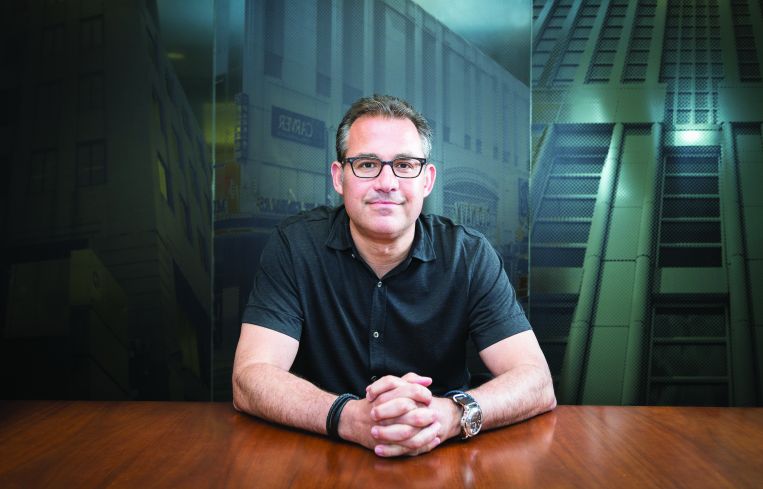
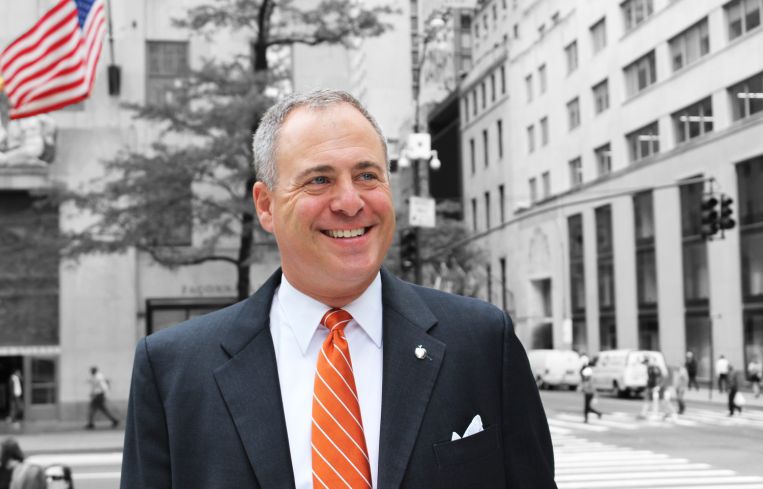
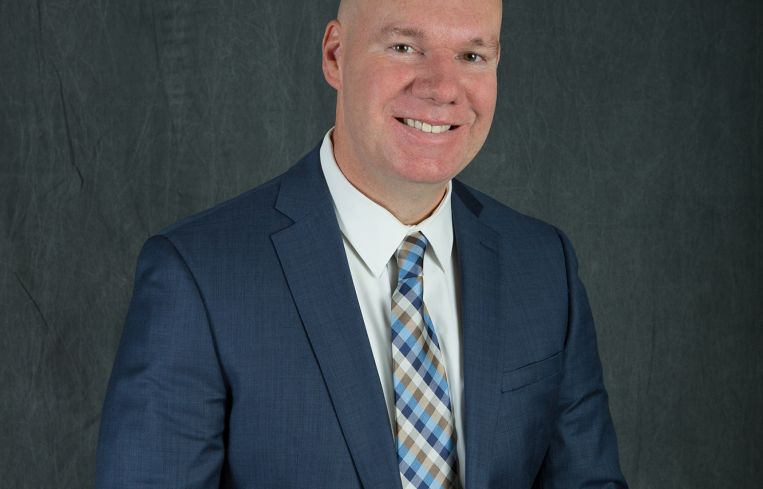
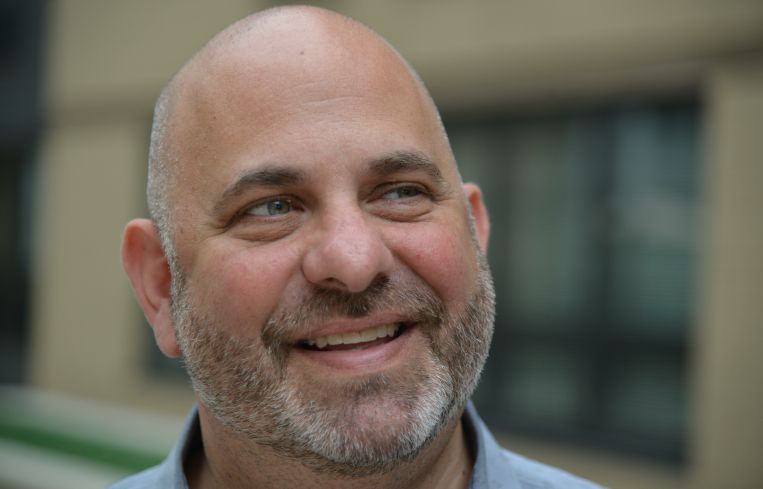
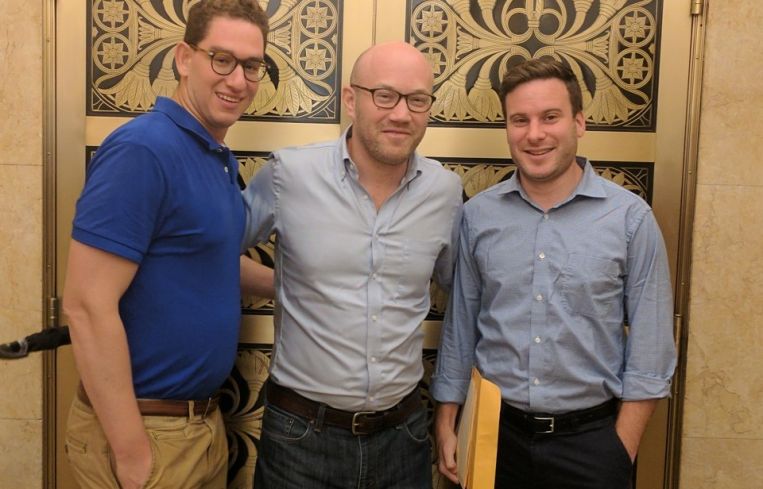

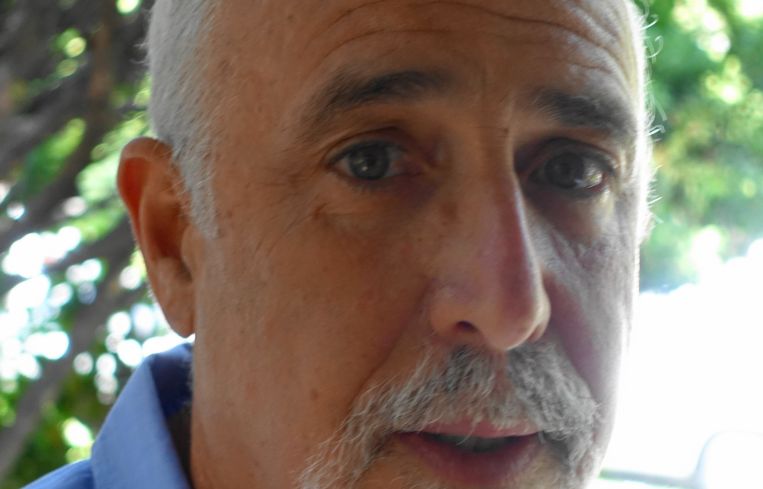

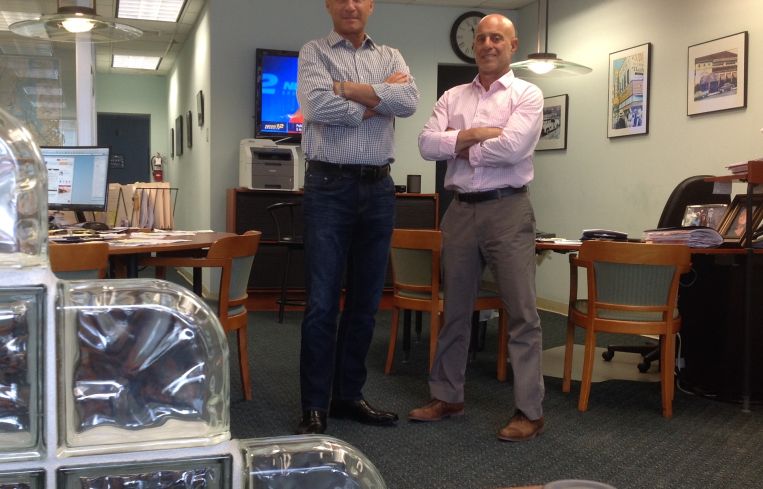
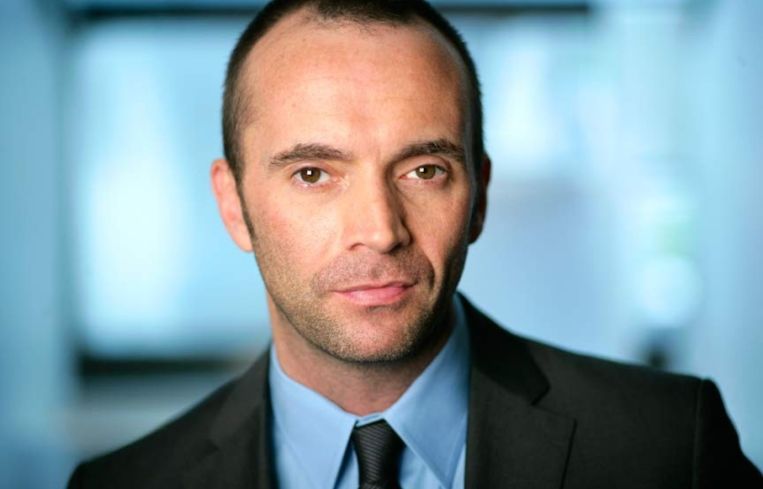
When asked why he gave up his 25-person brokerage to strike out on his own with just a single partner, Premiere’s Allan Profeta had this critique about the life of running a bigger firm:
“I ended up spending most of my time babysitting.”
We hear you, Allan.
The reason these words ring true is not just because one gets the feeling that at the larger firms there is a lot of handholding of the junior brokers; implied is also the dull hoops to jump through, from HR to marketing departments to sniping at rival super-brokers to you name it.
One doesn’t become a real estate broker to laze around the office. Rather, it is a profession that contains a kind of wanderlust—a desire to pound the pavement, meet the clients, examine the space and negotiate with the landlords. At the smaller firms, the hustle is that much greater, as is the esprit de corps.
This is the fourth summer that Commercial Observer has put out its list of boutique brokerages, and every year we find a collection of focused, determined, street savvy players from the real estate industry that are doing things that the bigger guys miss. Whether it is finding temporary production offices for movie space, stocking City Point with grocers or bringing the chef and restaurateur behind Eleven Madison Park to Westfield World Trade Center, these brokers are putting their stamp on their individualized section of the market.
The only rules that we insisted on for consideration were that they hadn’t been featured on a previous CO boutique brokerages list and that they consist of a dozen or fewer brokers. Otherwise, the stories of these firms speak for themselves.—Max Gross
Founder: Laurence Roberts
Date established: 2003
Number of brokers:1
When DeKalb Market Hall opened last month at City Point, Laurence Roberts of Arch Brokerage saw the culmination of two-and-a-half years of work. The founder and sole broker at Arch signed more than 40 food tenants to the 27,000-square-foot food hall at 1 DeKalb Avenue, which brings a wealth of new culinary options to the fairly barren dining landscape in Downtown Brooklyn.
“City Point needed to really put itself on the map,” he told Commercial Observer in June of last year. “We have Century 21, Target and the Alamo Drafthouse theater, of course. But [we wanted something to] cater to this demographic—the Brooklyn Heights or Park Slope demo—and bring them over to Downtown Brooklyn.”
Although he’s a one-man band, Roberts is an affiliate of Washington Square Partners (they operate under the same roof, but they’re technically separate companies), the development firm that helped build City Point and River Plaza, a 300,000-square-foot shopping complex in the Riverdale section of the Bronx. Roberts also signed the first commercial tenant at City Point three years ago, a talent agency called Art Partner. And he’s marketing the development’s office space. Besides the sprawling Downtown Brooklyn project, Roberts has handled several other unique retail and office deals over the past several years.
With his help, Foragers expanded from a small grocery store on Front Street in Dumbo to a second, 5,700-square-foot location with a grocery section and café at 231 Eighth Avenue in Chelsea in 2011. Roberts also handles the office and retail marketing at the 300,000-square-foot River Plaza. In 2007, he signed a 15,800-square-foot Planet Fitness there, and four years later, he brokered a 4,200-square-foot headquarters for senior care company ElderServe.
Roberts doesn’t mind being on his own. He splits his time between retail deals, office leasing and real estate advisory work. At a big shop like CBRE or Cushman & Wakefield, he wouldn’t get that kind of freedom, he said.
Some clients approach him because he’s a small firm that offers personalized service and doesn’t represent big landlords.
“People seek us out if they’re looking for someone independent,” he explained. “And they get the hands-on experience. There’s no junior people coming in; we work with them from start to finish.”—R.B.R.
Founder: Scott Bloom
Date established: 2005
Number of brokers: 11
Scott Bloom started his eponymous commercial brokerage in 2005, striking out on his own after a 15-year career at Newmark Knight Frank and GVA Williams Real Estate (now part of Colliers International). His own firm, where he oversees a team of 11 brokers, handles both office and retail leasing as well as investment sales across the office, retail, warehouse, hotel, multifamily and land markets in Manhattan and (to a lesser extent) the outer boroughs.
For Bloom, the enterprise is all about bringing “big firm experience” with the personalized service and attention to detail that only a boutique shop can provide. “We are one big team,” Bloom said of the way the firm is organized. “When you look at the big shops, they have teams; we are one team.”
That means that every broker at Bloom is able to work together to serve the goals of the firm’s clients, he said, rather than competing against each other to see whose team can produce more. Like other boutique brokerages, Bloom also draws the business of those seeking to avoid the pitfalls of big-firm bureaucracy. “We can pay proper attention to every deal,” he said. “We’re not focused on 400,000-square-foot deals. We can treat the boutique users the way they should be treated.”
As Bloom noted, the smaller the client, the more important the real estate decision is to its business—something that necessitates the sort of attention and diligence that his boutique brokerage is prepared to make for such clients.
“A tenant who has 7,000 square feet and that’s their whole business, that means a lot to them,” he said. “On an annual basis, it’s probably their second-largest commitment after payroll—but they’re not making 10-year agreements on payroll…We’ll take the time to hold their hand and handle those negotiations.”
But in addition to helping smaller-use clients like Hubert Burda Media find a 3,500-square-foot office sublease at 1270 Avenue of the Americas, Bloom has relationships with big-time New York City landlords like The Moinian Group, which tapped the brokerage to market its retail space at 243 West 54th Street. Bloom said the firm is also equipped to serve the needs of such larger, institutional clients as well.
“We put out a big net,” he said of the Moinian assignment. “We put our landlord hat on and say, ‘If we owned this property, who would we want to lease it to?’ ”—R.M.
Founder: Joseph McLaughlin
Date established: 2005
Number of brokers: 11
Joseph McLaughlin took an alternate route to becoming a brokerage owner.
Prior to founding Capstone Realty Advisors in 2005, McLaughlin was running delivery company Gotham Courier. The State University of New York Oneonta graduate with a business degree founded the courier company in 1998, five years after working for another delivery company in Manhattan.
When he worked with a broker to find office space for his courier company at 555 Eighth Avenue, he realized that he could become a broker. So he sold his business to rival Breakaway Courier.
“I like sales, I knew Manhattan very well, and I had a lot of contacts in Manhattan. It was an easy transition for me,” McLaughlin said.
He went to work for Kaufman Organization in 2000 as a leasing agent. His first deal involved relocating a company to 1,500 square feet in Kaufman’s 450 Seventh Avenue from 1 Penn Plaza, he said. After four years, McLaughlin then went to work for Newmark & Co. (now Newmark Knight Frank) in 2004.
The following year, he finally partnered with a college buddy and fellow broker Jack Wynne to form Capstone. (Wynne left the business in 2008.)
The firm has been focused on commercial deals for tenants ranging from 2,000 square feet to 25,000 square feet since its inception. It also has represented landlords and dabbles in investment sales.
The company completed about 50 transactions last year and has already done 29 this year. That includes representing game company Atari; McLaughlin and colleague Matthew Geery brokered the deal for the company to relocate to a 5,672-square-foot space at 286 Madison Avenue in June, leaving 475 Park Avenue South.
McLaughlin also did a deal in May to bring branding and design firm Donovan/Green to 49 West 37th Street. The company took the entire 6,800-square-foot 15th floor of the building.
While the firm has grown since its earliest days to 11 brokers, in 2014 it had as many as 20 brokers (in 2014). But McLaughlin thinks the team is stronger now.
“We have been larger than 12 people, but I think this year we are slated to have probably our best year,” he said. “Having more people doesn’t equate to the company billing more or being more profitable. I think it’s the quality of the people [that matters].”. —L.L.G.
Founder: Keith Durst
Date established: 2014
Number of brokers:3
After running a consulting firm along with a tech operator partner for a couple of years, Keith Durst (no connection to the renowned real estate family) decided to set out independently and focus exclusively on the food and beverage real estate business.
Since establishing Durst Hospitality Group three years ago, Durst operates in the upscale casual category.
For DTH Capital at 70 Pine Street, Durst is consulting on the 8,000-square-foot restaurant on the ground floor and 11,000 square feet (7,500 square feet inside and 3,500 square feet outside) of bar and event space across a number of stories above. The entire space is rumored to be leased to James Kent, the former executive chef at The Nomad, but Durst declined to comment on the matter. He is also working with DTH Capital at 20 Exchange Place to lease 85,000 square feet on the ground and four levels below grade.
He is consulting Westfield on two developments: Westfield World Trade Center and Westfield Valley Fair, commonly known as Valley Fair, in San Jose, Calif.
Durst got to know the executives at Westfield while brokering deals at Westfield WTC on behalf of Lobster Press, Breads Bakery, Nobletree Coffee and Daniel Humm and Will Guidara, owners of Eleven Madison Park, who are opening as-yet-unnamed 7,000-square-foot eatery at the property.
Now, he is looking to lease up three restaurant spaces—one that is 6,300 square feet, a second that is 2,700 square feet and a third that is 1,500 square feet—in Westfield WTC, as well as 10 restaurant spaces at an under-construction wing at Valley Fair. Indeed, when Commercial Observer spoke with Durst last week, he was in California wrapping up the plan for the Valley Fair project.
In Brooklyn, Durst brokered a deal for Dylan Thomas Sprouse’s mead brewery in Williamsburg’s William Vale Hotel. The space is under construction. And, as an investment partner in chef Wylie Dufresne’s Du’s Donuts and Coffee, Durst negotiated space at William Vale for the company. On the flipside, he represented the hotel in a deal for Noho Hospitality Group to run the hotel-wide food and beverage operation spanning 30,000 square feet.
Durst also was a consultant for BMW in selecting, negotiating and designing its first food and beverage venture—Norman at 29 Norman Avenue, a 4,000-square-foot restaurant and café inside A/D/O, a Greenpoint, Brooklyn, coworking space for designers. It is a collaboration between BMW’S Mini and chefs Claus Meyer and Fredrik Berselius.—L.E.S.
Founder: Michael Rozenrouch
Date established: 2008
Number of brokers:5
You may know Michael Rouzenrouch’s five-person real estate shop—Miyad Realty—by his work: The Wolf of Wall Street, Broad City or Red Oaks.
He’s not a location scout, mind you, but a nonetheless critical real estate player in the film and television business in New York: He’s getting these productions office space.
“I have a niche in short-term leasing for production companies,” Rouzenrouch said. “When Amazon, or Netflix, or Universal, or Fox wants to do a short-term deal and they need temporary office space…we’re one of the first calls they make.”
It’s a bit more complicated than just finding an empty floor for a couple of dozen producers and assistants. “The budgets are really low—bottom of the barrel,” Rouzenrouch explained. “And they have to be furnished and pretty much turnkey.”
But since starting the firm in 2008—and after spending a few years working for the General Services Administration—Rouzenrouch and his lean staff have assembled a decent Rolodex of landlords who can meet the requirements, and he places about 30 to 40 productions per year at various spots throughout the city (mostly Manhattan).
The first movie he ever did this for was Oliver Stone’s Wall Street: Money Never Sleeps in 2010.
Of course, Miyad’s portfolio of leasing is bigger than just movie space: The firm will do commercial leasing for pretty much anything retail- or office-related (usually 25,000 square feet or less). Earlier this year it signed the shared workspace company, The Yard, to a 33,476-square-foot lease at 195 Broadway in South Williamsburg, Brooklyn, which turned out to be the largest location for The Yard in the country.
“We’ve done a bunch of retail as well,” Rouzenrouch said. “We’re approximately 30 percent retail. We’ve done restaurant deals in the East Village, a gym in Union Square.”
Of course, we’re still more primed for any details he could tell us about the movies that he helped get into production.
“I don’t even keep track,” Rouzenrouch said. “It’s more about the space. I don’t get starstruck.”—M.G.
Founder: Eli Someck and Jonathan Bakhash
Date established: 2012
Number of brokers:9
Redwood President Eli Someck and Chief Executive Officer Jonathan Bakhash started out in the residential game with Living Real Estate Group, which Bakhash started in 2004 before bringing on longtime friend Someck in 2006. While the resi business continues to serve the pair well—the firm is now known as Living New York—they sought to expand their purview into the world of commercial real estate and founded Redwood in 2012 as a sister company.
Branching out with their own commercial brokerage helped immensely from a “branding and marketing” perspective, Someck said; before, when telling prospective commercial clients that he was from Living Real Estate, “people assumed I was a residential broker.” Today, Redwood’s team of nine brokers focus on serving the office and retail leasing needs of clients across Manhattan.
“We specialize in smaller stuff, relatively budget-conscious [clients],” Someck said. “The meat of what we do is office leasing in Manhattan, between 1,000 and 10,000 square feet. Every once in awhile we’ll do a deal in Brooklyn or Queens; every once in awhile we do a commercial condo or co-op sale.”
Redwood serves “mostly small- to medium-sized businesses” and office users, he added—a domain where client relationships are hugely important. Many of the tenants the firm represents “were a startup” when Redwood first started working with them years ago; as those companies have grown or looked to relocate, the brokerage has been there along the way to help them find new space.
Recent office deals have included setting up union Communications Workers of America Local 1101 at its 8,800-square-foot offices at 350 West 31st Street and putting business management consultancy Health Plus Management in its 5,600-square-foot digs at 40 Broad Street.
And in Jonathan Travis, a former Newmark Knight Frank and Ripco Real Estate broker who serves as a partner at Redwood, the firm has someone who has carved a niche in the art world as galleries have sought to relocate out of Chelsea. Travis represented Bortolami Gallery in its 9,000-square-foot lease at 39 Walker Street in Tribeca and helped Anton Kern Gallery find its new 12,000-square-foot townhouse space at 16 East 55th Street.
“Someone looking for 3,000 square feet, if they go to a big firm, [that firm is] probably going to throw it to a junior broker, and it’s not going to be a priority,” Someck said. “Here, it’s me or someone else who knows the market and is going to be much more attentive about prioritizing them.”—R.M.
Founder: Mark Finkelstein
Date established: 1989
Number of brokers:1
It was nearly two years ago that East 59th Street saw the exodus of three furnishings, furniture and accessories stores. First Crate & Barrel shuttered its 20-year-old Manhattan flagship on Madison Avenue between East 59th and East 60th Streets, and then siblings Williams-Sonoma and Pottery Barn closed at 127 East 59th Street between Lexington and Park Avenues, which they occupied for over 15 years.
The rent, said Mark Finkelstein, the founder and president of Manhattan-based Retail Strategies, was too damn high!
But, as the New York metro-area broker for Williams-Sonoma Inc., which includes Williams-Sonoma, Pottery Barn, West Elm, Rejuvenation and Mark and Graham, he can say that the company is not retreating from the market. It has just tweaked its strategy. Before, Williams-Sonoma Inc. would look to have four stores per brand in Manhattan. Now, it’s two to three.
The latest deal he did for the company was a 9,000-square-foot space (5,000 square feet of retail at grade and 4,000 square feet below ground for support services and storage) for Rejuvenation at 7 West 20th Street, in the first quarter of the year. The store opened more than a month ago and is the first Rejuvenation in New York City.
Before that deal, Finkelstein brokered the 18,500-square-foot retail space for Pottery Barn at 12 West 20th Street (10,000 square feet at grade and 8,500 below ground). The store is under construction and will likely open by the end of the summer, Finkelstein said.
And he represented West Elm in Industry City, which started as just a 13,000-square-foot photo studio four years ago and has grown into 106,000 square feet for a slew of additional uses in the Sunset Park complex.
Outside of his work with Williams-Sonoma, Finkelstein has done some deals with Foot Locker, including a relocation to larger digs (4,000 on the ground and nearly the same below grade) at 37-20 82nd Street in Jackson Heights, Queens. The new store is slated to open, he said, in the middle of next month.
As an exclusive tenant rep for national chains, Finkelstein said his job is “to protect” tenants from New York landlords.
Try searching for his business online and you will find other companies by the same name but not Finkelstein’s. It’s no worry, he said, as people find him the old-fashioned way: word-of-mouth.—L.E.S.
Founder: Bob Savitt
Date established: 2009
Number of brokers:12
Bob Savitt’s father, Dick Savitt, was an American tennis great who won two coveted grand slams—Wimbledon and the Australian Open—both in 1951.
So naturally, Savitt had to try to live up to his father’s name. A year after graduating the College of Wooster in Ohio in 1985, he joined the circuit as a professional tennis player.
The following year, he put down the racket for good.
“I knew I wasn’t good enough to make it as a professional, but I wanted to travel and see the world and see how good I could get,” Savitt said. “I play a lot of golf now.”
Golf, of course, is the sport of business.
Savitt worked on the landlord side of real estate for M.J. Raynes, then Alder Group and finally Kaufman Organization before he founded Savitt Partners in 2009 as a landlord and property manager with a brokerage arm. Today the company owns and manages more than 3 million square feet. And the brokerage division works on leasing its properties but also representing other landlords and tenants in Manhattan.
Although Savitt has been on the landlord side of things for the bulk of his career, he became familiar with a number of brokers that he thought were great at their jobs and wanted to get into that side of the business as well—father-and-son duo Marc and Michael Schoen, as well as Brian Neugeboren and Michael Dubin—who agreed to form the core of his brokerage division when starting Savitt Partners.
“I thought I had a very strong group and we could be successful,” said Savitt, the president of Savitt Partners. “I saw the potential in their abilities.”
Nearly a decade later they have expanded to 12 brokers. And although he could have grown the brokerage much bigger, Savitt likes to keep a stronger, tight-knit group. It seems to have paid dividends.
Today, the brokerage has completed massive deals, some ranging from 50,000 square feet to 100,000 square feet. It has worked with a number of large companies too, such as WeWork in a 40,000-square-foot deal at Charles Cohen’s 135 East 57th Street last year and again with the coworking giant this March in a 95,000-square-foot deal at 205 Hudson Street.
Savitt himself is a licensed broker, who occasionally appears on deals for his close friends.
One in recent memory is a nearly 60,000-square-foot sublease on behalf of fashion company Alfred Dunner at 1333 Broadway in a relocation deal in December 2015. Alfred Dunner President Peter Aresty is a close friend, Savitt said.
Being on the ownership side and brokerage side keeps Savitt informed and busy—and he likes that.
“What I really enjoy is that I get to be involved in all aspects of the real estate business,” Savitt said. “My day is never really the same as the one before.”—L.L.G.
Founders: Allan Profeta and Steve Blackburn
Date established: 1986
Number of brokers:2
It sounds like a Jerry Maguire moment: When Allan Profeta was leaving his perch at AM Realty (which he founded in the mid-1970s), one of the brokers—Steve Blackburn—asked to go with him. (There was, however, no dramatic eff you to everyone around them, and Profeta wasn’t being forced out...O.K., it wasn’t much like Jerry Maguire.)
A beautiful partnership was formed.
In their 31 years in business togetherm, Profeta and Blackburn do everything from sales to leases in pretty much every sector of the commercial market with 95 percent of their business conducted in Brooklyn and Queens.
Among their retail clients are the kinds of banks (Chase, Citibank and HSBC), fast food (McDonald’s and Burger King, not to mention KFC, White Castle, Subway and Quiznos), drug stores (Rite Aid and Duane Reade), coffee spots (Starbucks and Dunkin’ Donuts), phone outlets (Verizon, T-Mobile, AT&T and Metro PCS) and sundry retailers (Sleepy’s, Payless Shoes, Enterprise Rent-A-Car) that keep the city chugging along.
Premiere has also done office leasing, too, for the likes of Touro College, the Metropolitan Transportation Authority and the New York City School Construction Authority.
But the sales side of its business can’t be ignored; Premiere has, for instance, a foot in industrial sites (in 2013 the firm sold a 60,570-square-foot storage facility at 1320 37th Street in Borough Park, Brooklyn, to a buyer from Chicago—37th Street Holdings—for $18 million on behalf of Church Avenue Venture LLC). And just last week, it sold a mixed-use office and retail property at 2415 Coney Island Avenue in Sheepshead Bay for $2 million on behalf of the Lindenbaum family. (Profeta declined to provide the name of the buyer.)
“For me, not to deal with other salesmen and not to compete within the office [was important],” Profeta said about why this accounting major who never worked as an accountant before starting AM Realty more than 40 years ago left to start his much smaller shop. “I like things simple.”—M.G.
Founder: Nick Dullea
Date established: 2003
Number of brokers: 11
Ask Nick Dullea about his partner—the Corbett in Corbett & Dullea—and you will get a slight head-scratcher:
“I’m Corbett, too.”
The story is that when Dullea started the firm in 2003, nobody could properly say the name “Dullea” (it’s pronounced doo-lay). So he decided to attach his middle name to the title. “I felt like at least half the company had a pretty pronounceable name.”
But 14 years later, Dullea hasn’t really felt an urge to change it. “Everybody seemed to like it—so I stuck with it.”
Dullea took an interesting route into real estate; prior to opening his own firm, he snagged a law degree from Suffolk Law School in Boston and was (and remains) an actor appearing in TV shows like Mr. Robot and White Collar. At first, real estate was his day job in between auditions.
But as far as day jobs go, Dullea has turned it into a phenomenal success. (For the record, he is still seriously involved in the movie business; two movies for which Dullea is executive producer—Malcontent, a psychological thriller, and My Own Flesh and Blood, a crime film—are in preproduction.) His 11-broker firm has been landing leases with tech, finance, media and fashion firms all over Manhattan and Brooklyn.
“We recently did a lease for the Fusion Network,” Dullea said—the television network is a joint venture of Disney and Universal Studios—which took two floors, or 16,000 square feet, at 419 Lafayette Street in Noho. (Lafayette is a popular corridor for Dullea; he got the computer coding training school, Codesmith, 4,500 square feet at 250 Lafayette a couple of years back.) He also leased another 10,000 square feet to Patch.com, an AOL spinoff, at 134 West 29th Street.
Of course, it isn’t all media outlets and tech firms on Dullea’s hit list: He’s currently shopping for space in Soho for The Colony, a kind of WeWork for fashion brands. (Industrial, retail and even residential all fall within Corbett & Dullea’s portfolio.) Brooklyn has proved such a boon that aside from its Financial District office, Dullea recently opened a second office right off of McCarren Park in Williamsburg at 55 Nassau Avenue.
Being in a small firm allows him to “move quickly and adapt to the market changes very, very fast,” Dullea said. “If I see a trend in the market or an opportunity, I don’t have to go through any bureaucracy…It makes us very flexible and [allows us to] offer a very, very high level of service.”
It also means that Dullea can go out on an audition as one comes up.—M.G.

![Spanish-language social distancing safety sticker on a concrete footpath stating 'Espere aquí' [Wait here]](https://commercialobserver.com/wp-content/uploads/sites/3/2026/02/footprints-RF-GettyImages-1291244648-WEB.jpg?quality=80&w=355&h=285&crop=1)

